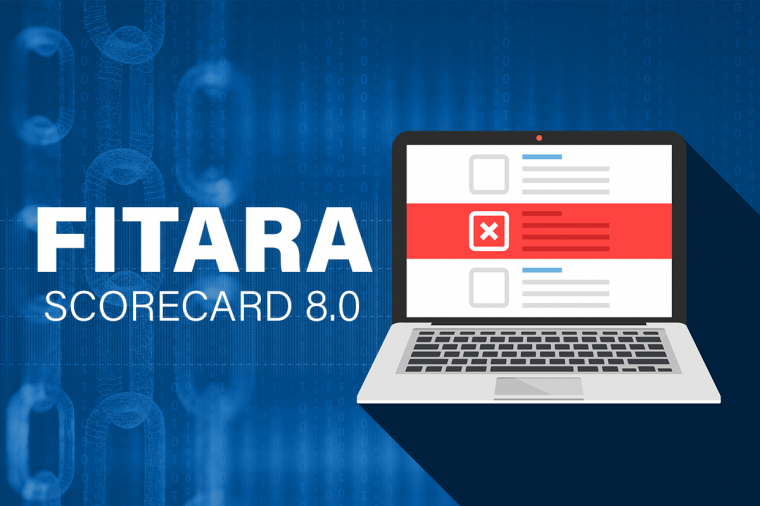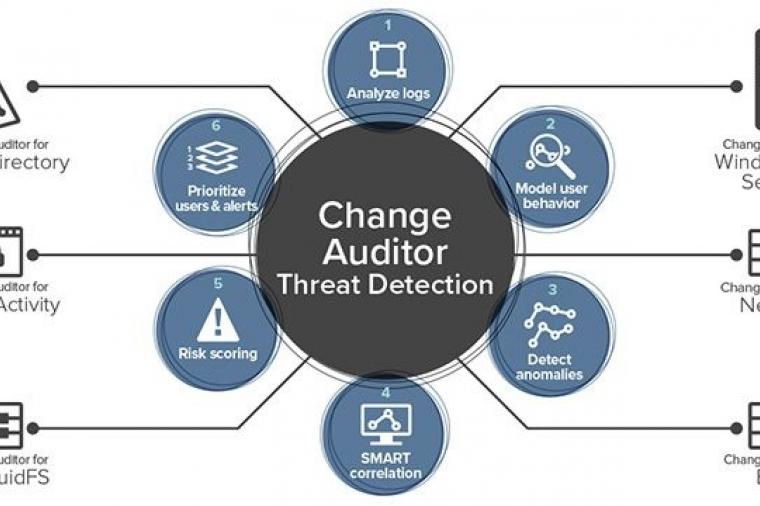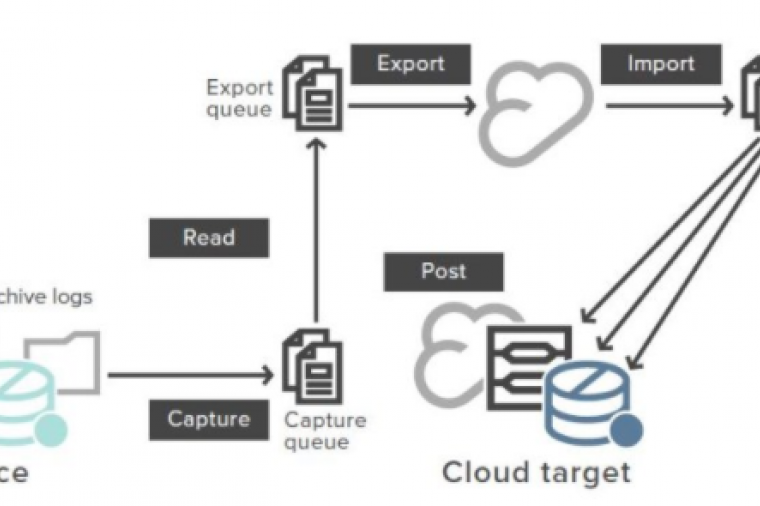Technically News scans thousands of industry articles to present you with a weekly source of IT news, information, and ideas that impact the public sector.
“In many ways, DDoS (distributed denial-of-service) has become the weapon of choice for multiple types of attackers, from political activists to criminals, and potentially even nation-states,” said Akamai in their most recent "State of the Internet" report. Among their findings, they discovered that 41% of observed attack traffic originated in China and there were 768 DDoS attacks last year, more than three times the number in 2011.
Amazon Cloud Adds Protection Against DoS Attacks
In a move to mitigate denial-of-service (DoS) attacks, Amazon Web Services is moving intrusion detection and prevention systems to their cloud. Many recent cyberattacks (including the so-called “biggest cyberattack in history”) use DoS to disrupt services. Amazon plans on using these security appliances to increase their customers’ cloud security. Computer World explains their logic behind the additions.
Two States Overhaul IT to Boost Social Services
What are the two best investments a state can make in their IT infrastructure to ensure higher security, cheaper costs, and more efficiency? Arkansas and South Carolina believe it’s migrating to the cloud and consolidating systems to a single, robust one. Read how these states are transforming their IT portfolios to enhance their health and human services departments - GCN has the story.
Six Open Source Security Myths Debunked
Nick Heath of ZDNet debunks six open source security myths including: open source software is less secure than proprietary; anyone can contribute to the code so it’s all bad; and bad people can look at the source code, so it’s less secure. He also explores real challenges involving open source. However, using a trusted provider like Red Hat will alleviate those concerns.
A Checklist for Keeping Mobile Apps Secure
Mobile is taking over, and the government recognizes it. Not only are agencies drafting bring-your-own-device policies, they are also creating mobile apps. However, developing secure apps and ensuring they remain secure once deployed are two critical obstacles for developers. GCN has a checklist to keep in mind when an agency is developing their own app. Among their recommendations are ensuring the device itself does very little processing and enable user authentication.

































